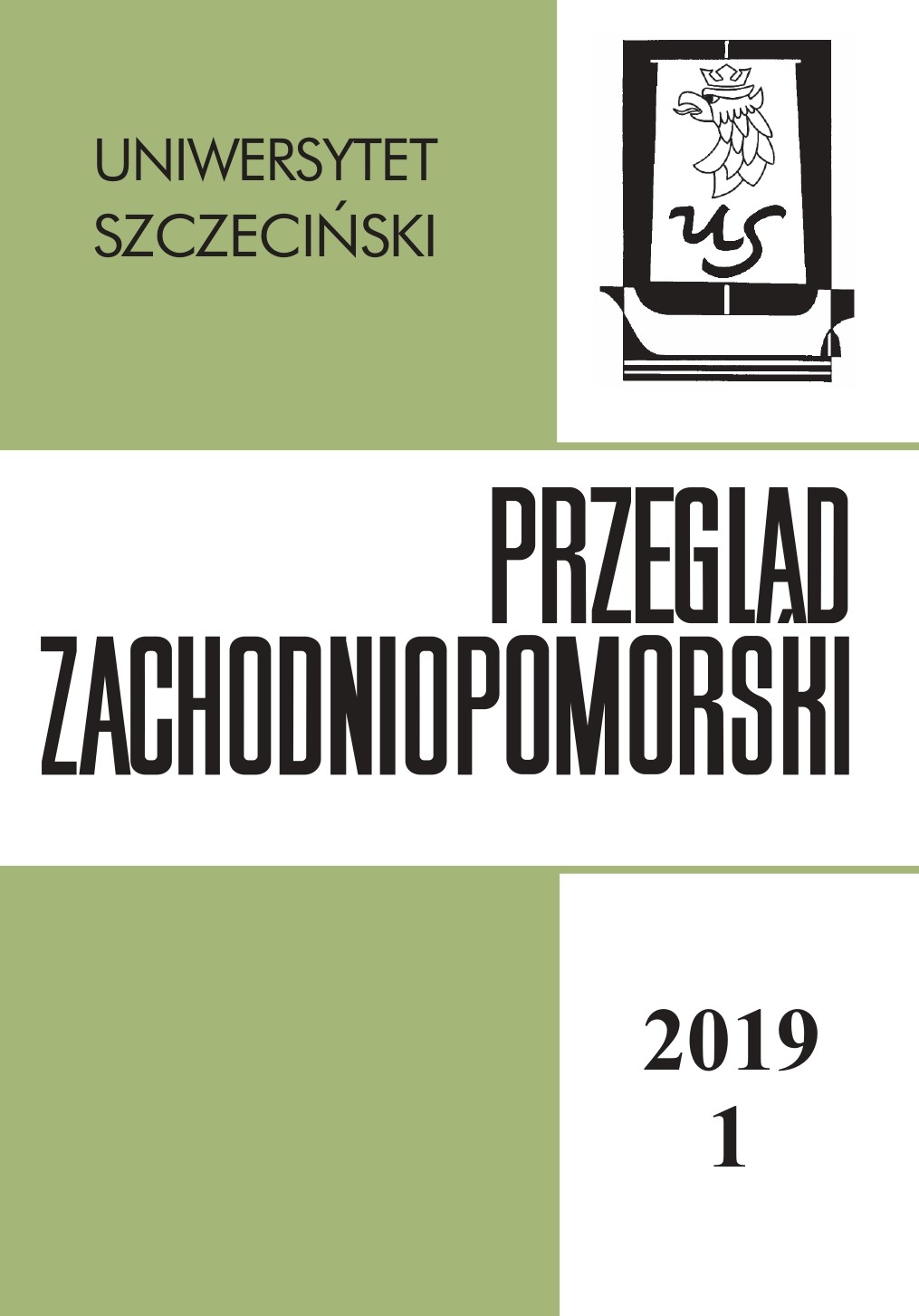Idea turystyki powolnej (slowtourism) i edukacji kreatywnej szansą zrównoważonego rozwoju wsi i regionu – studium przypadku wsi Bełczna w powiecie łobeskim (Pomorze Zachodnie)
The Concept of Slow Tourism and Creative Education –
a Chance for Sustainable Development of the Rural Areas and the Whole Region. A Case Study of the Village of Bełczna in the County of Łobez (West Pomerania)
Author(s): Tomasz DudaSubject(s): Economy, Tourism
Published by: Wydawnictwo Naukowe Uniwersytetu Szczecińskiego
Keywords: educational tourism; rural tourism; sustainable development; slow tourism; West Pomerania; the county of Łobez; Bełczna
Summary/Abstract: The development of touristic and educational functions in the rural areas belongs to the biggest challenges of the present-day economy of West Pomerania. For the remote peripheral rural regions (far away from urban centres and important lines of communication) struggling with social and economic problems the concept of sustainable tourism mixed with an offer of authentic original experiences has stimulated the development and become a chance for creating new functional spaces. For several years such changes have been observed in the village of Bełczna, situated in the county of Łobez, which faces a high rate of unemployment. 2006 saw the creation of the Association ‘Tradition’ in a manor house; the event has become a stimulus for educational activities aimed at increasing the tourist attractiveness of the village and its surroundings. Thanks to the creativity of the local leaders, who used elements of the cultural heritage of the region, the Manor House ‘Tradition’ has become an instantly recognisable – not only in West Pomerania – place, now a certified Educational Homestead. The present article is a case study that reveals the mechanism of functional changes which have taken place in the village of Bełczna for the last few decades. Thanks to the analysis of tourist products and the author’s own research it was possible to present the increase in importance of the Manor House ‘Tradition’ for diversification of tourist flows in West Pomerania. It was also possible to answer the question whether creativity and education in the tourist space might function together with the principle of sustainable development and the concept of slow tourism
Journal: Przegląd Zachodniopomorski
- Issue Year: 34/2019
- Issue No: 01
- Page Range: 111-128
- Page Count: 18
- Language: Polish

